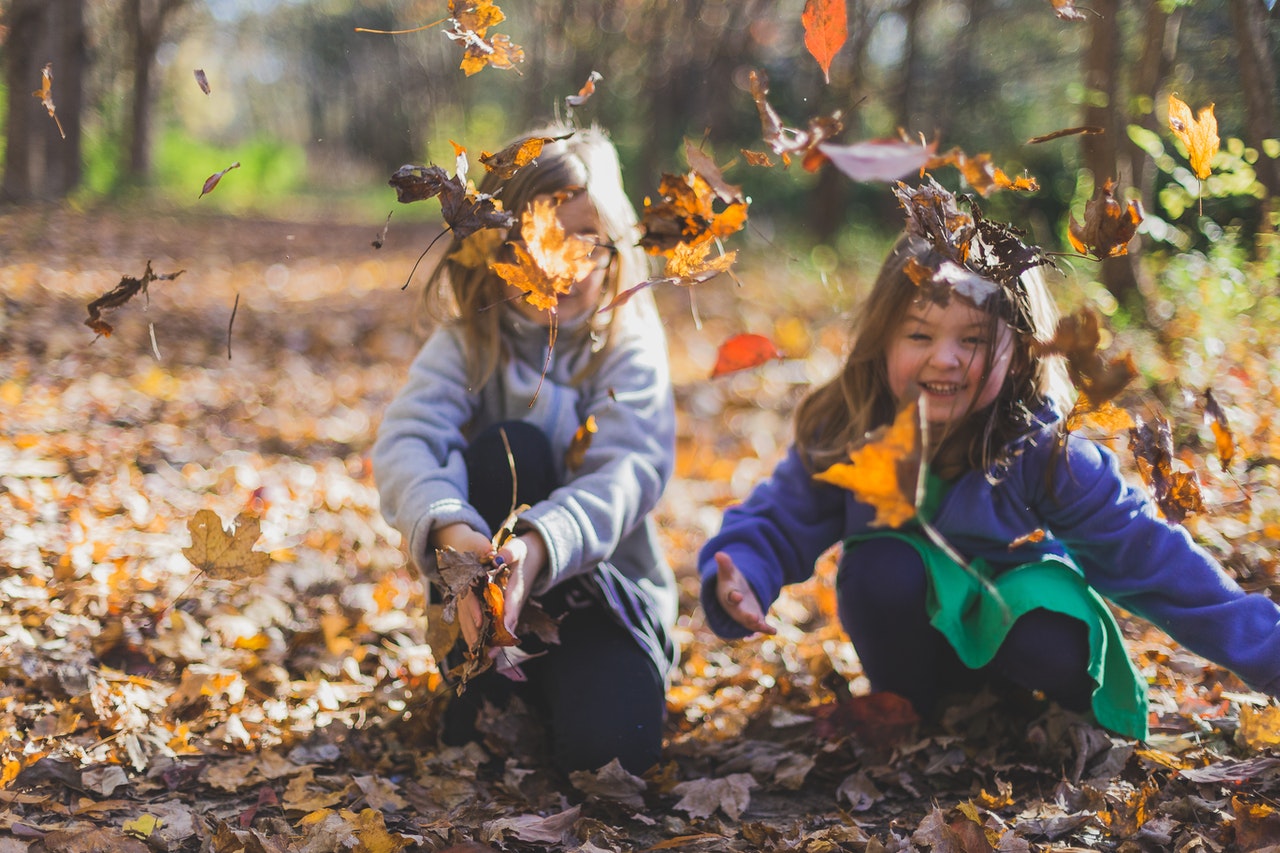
Why play is important for kids: the benefits of play for children
Play is an important part of a healthy childhood. But do you know exactly how play benefits our children? For children of any age, play is not only a way for children to learn about themselves, but also how to interact with the world around them. Play is a great way for kids to explore what they are interested in, what their skills are, and gives them a chance to challenge themselves in different ways. In addition, play has many physical, social, and emotional benefits that can help create healthy, curious, and confident children.
Why play is important for kids: the benefits of play for children
The developmental benefits of play are many, including their ability to learn, try new things, build confidence, maintain a healthy lifestyle, make friends, and most important to feel free! This article will discuss the many benefits of play for children, including the benefits of sand play, and will give you an idea about the ways that play positively affects the lives of children.

Play can build confidence
For many of us, play was an important and memorable part of our childhood, and hopefully still is! From sports with friends, swinging high at the playground, digging in the sand, or a game of hide and seek, everyone has a memory of playing as a child. As we get older, many of these experiences gave us the confidence to put ourselves out there, whether that’s trying new things, gaining new skills, meeting new people or exploring new places.
Play can give children confidence by allowing them the chance to practice their problem-solving and decision-making skills, whether it’s a puzzle or playing well with others. Play can also build confidence by teaching children independence and perseverance.
When children gain achievements during play such as sports, theatre, or puzzles, this can have a positive effect on their self esteem, their willingness to take risks, and the ability to do things on their own. In the same vein, when children push through challenges and succeed, this teaches them the importance of perseverance and determination. Overall, encouraging children to play is an important part of building their confidence.

Play is an important part of learning
While learning in the classroom is important, it's equally important for kids to learn through play. Just a play is a way for children to gain confidence, it is also an important way to learn and grow. Play is more than just physical activity, and can contribute to children’s creative, cognitive and linguistic development. As mentioned above, play can be a great way for children to gain new skills, such as problem-solving, decision-making, strategizing, communication, and teamwork. As children grow older, they build on the skills they already have, and a lot of the skills they learn as young children come from play.

Play can be a great way to spark their curiosity about how things work and about the world around them. Like reading and writing, play is also an important part of teaching children about many subjects and can help children make sense of things in their own way. Learning through play is also a wonderful way for children to explore their creativity and use their imaginations, such as role playing, arts and crafts, and musical activities. In this way, children have the opportunity to express themselves and develop their creative abilities.
Play contributes to physically healthy children
Play is a very important part of children’s physical health and development. Active play allows children to gain the agility, motor skills, coordination, and healthy habits that they will need as they grow older. Allowing children to exert their energy is a natural and important part of children’s development. Raising active children is very important for their overall wellbeing, and will give them a more balanced and happier lifestyle.

The many benifits of sand play
Sand play in particular is a great way for children to partake in sensory learning, by developing their motor skills and coordination. Kids can touch and feel the textures of sand, understand how it behaves and interacts with other elements, and create endlessly with this malleable toy. Sand is also a safe place to practice certain sports, such as volleyball, paddleball, soccer, and simply playing catch.
Playing in the sand in an unstructured manner allows children to develop their fine motor skills. Building sand castles and moats lets kids explore the sand by digging, sculpting, and pouring. This also allows children to understand how certain elements interact, such as dry sand, wet sand, and water. If you are at the beach, it’s also a great opportunity to teach them about rocks and minerals, and how sand is formed over time.

Another great benefit of sand is through active play such as sports activities. Playing sports in the sand is a great way for kids to be more active and adventurous. In sand, kids can feel comfortable taking more risks such as jumping and diving, which builds their confidence and agility. In the sand, kids can practice their hand-eye coordination in a different way than on a solid surface. With games like beach volleyball and soccer, children can slide and jump without the risk of falling on a hard surface. They also learn how their body works, and can learn how their body works differently in the sand versus water or a flat surface.
In addition, sand boxes can allow for children to play in a shared environment, but also can allow children to play independently. On the one hand, children playing in a confined space like a sandbox must learn to share the space and toys with other children. On the other hand, the sandbox allows children to feel like they are in a safe play space, where parents and babysitters can watch from a safe distance. Not only can sandboxes teach kids about sharing, but can also allow them to feel independent.

Social and emotional benefits of play
Not only does play improve their physical health, but also improves their social skills and emotional wellbeing. Gaining social skills and maintaining physiological health are integral parts of a child’s development, and they will use these skills their entire lives.
An integral part of children’s health is their social life. As children play as individuals and as team members, they learn communication and leadership skills, and gain an understanding of personal and social responsibility. Other social skills that children will learn during play include the willingness to share with others, as well as encouraging others to succeed. This is an important part of any child’s upbringing, as it will teach them how to care about others and their success. For children, friendships are quite often formed during play. That’s why encouraging our kids to play together is a key way to allow kids to develop their social skills.

Play also contributes to a child’s emotional and mental wellbeing. Allowing children to be adventurous and independent allows kids to build the confidence to express themselves and the way in which they experience the world. For children who have trouble concentrating and sitting still in school, active play is a great way for them to regulate their energy and learn in a dynamic way. Giving kids the chance to be free and express themselves can have a positive impact on their emotional health.
The benefits of play for children are endless
The most integral part of childhood is play. Whether it’s sports, sandplay, creative play, puzzles, teamplay, individual play, all play is important and valuable to children’s development. Play allows children to build confidence, learn new things, gain social skills and maintain their emotional wellbeing. Overall, play is endless and allows kids to be kids!
If you would like more information about activities for children and their developmental benefits, check out our ultimate guide to kids activities per age group.
Looking for a babysitter or a babysitting job in your area? You can find it here:



